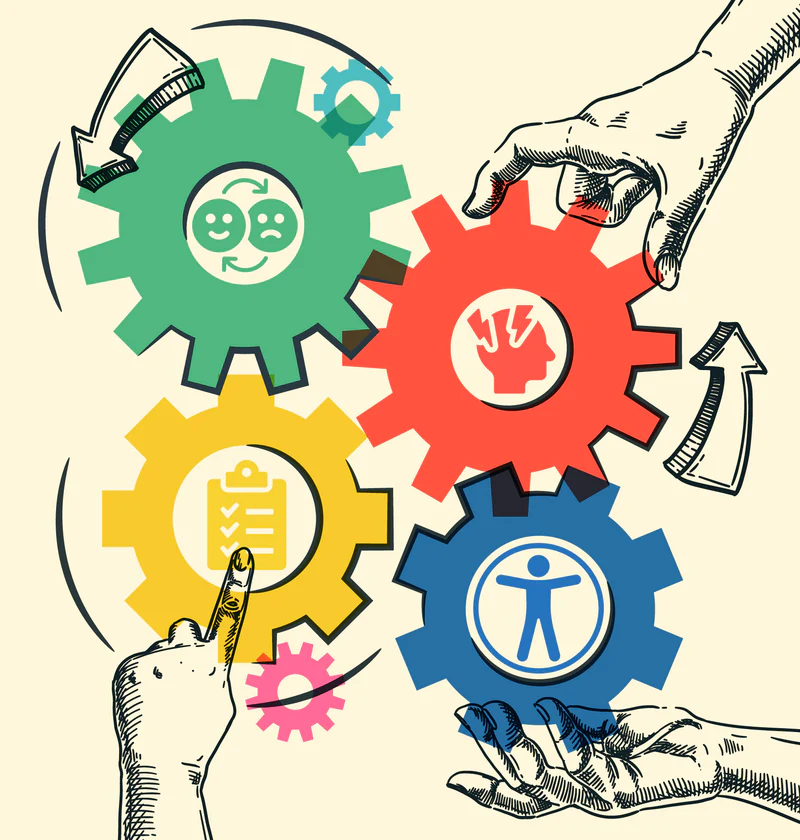Originally posted on Multiple Sclerosis News Today
In the middle of my freshman year of high school, I experienced a bad case of optic neuritis, which I now know was my first episode of multiple sclerosis (MS). According to my neuro-ophthalmologist, I was legally blind in my left eye.
My vision was mostly recovered thanks to a high dose of prescription steroids. Years later, during my senior year of high school, I experienced another episode of optic neuritis that led to my diagnosis of relapsing-remitting MS. I’ve now gone through high school, undergraduate, and graduate studies while living with the condition.
However, I was unaware of the resources and academic accommodations available. I didn’t learn about said resources until the end of my junior year of college.
Undergraduate struggles
Throughout my undergraduate studies at the University of Texas at Austin, I encountered many health obstacles before I became aware of academic accommodations. Many MS symptoms emerged for me during this time, such as cognitive impairment, hand tremors, weakness throughout my body, and bladder problems, which also affected my mental health.
As these symptoms emerged, I experienced a sense of loneliness, as I was away from my family for the first time in my life. In addition to being separated from them, I struggled to manage my well-being and handle my course load effectively.
As an ambitious, overachieving person, I’ve always found it challenging not to take on more than I can handle. During undergrad, I tried to do too much and spread myself too thin. I took the maximum number of class hours, joined every campus organization I could, and strove to be the best version of myself while navigating new symptoms.
I always knew that my circumstances were different from those of my peers, but I never wanted to appear incompetent or inferior. Because of that mentality, I pushed myself to the breaking point.
Needless to say, all that resulted in significant stress, which ultimately took a toll on my health and led to an MS relapse. It took me years to understand the importance of not overloading myself — one of the biggest lessons I learned as an undergrad.
Becoming aware of resources
During my junior year, I learned that I qualify for academic accommodations after discovering that MS is considered a disability while applying for a job. Still, I didn’t try to register or apply for accommodations through my university’s disability services offices because of how daunting the process appeared. In addition, I believed that if I’d been navigating college without accommodations, I could continue to do so. For those reasons, I haven’t pursued an official academic accommodation letter, even now as a graduate student.
If I need flexibility or an accommodation, I meet with my professors to explain my circumstances. Fortunately, the professors I’ve disclosed my condition to have responded with kindness and understanding.
The decision to formally disclose a disability or illness is highly personal. However, I often contemplate how my education would’ve differed if I’d sought support and resources. I guess I’ll never know.



